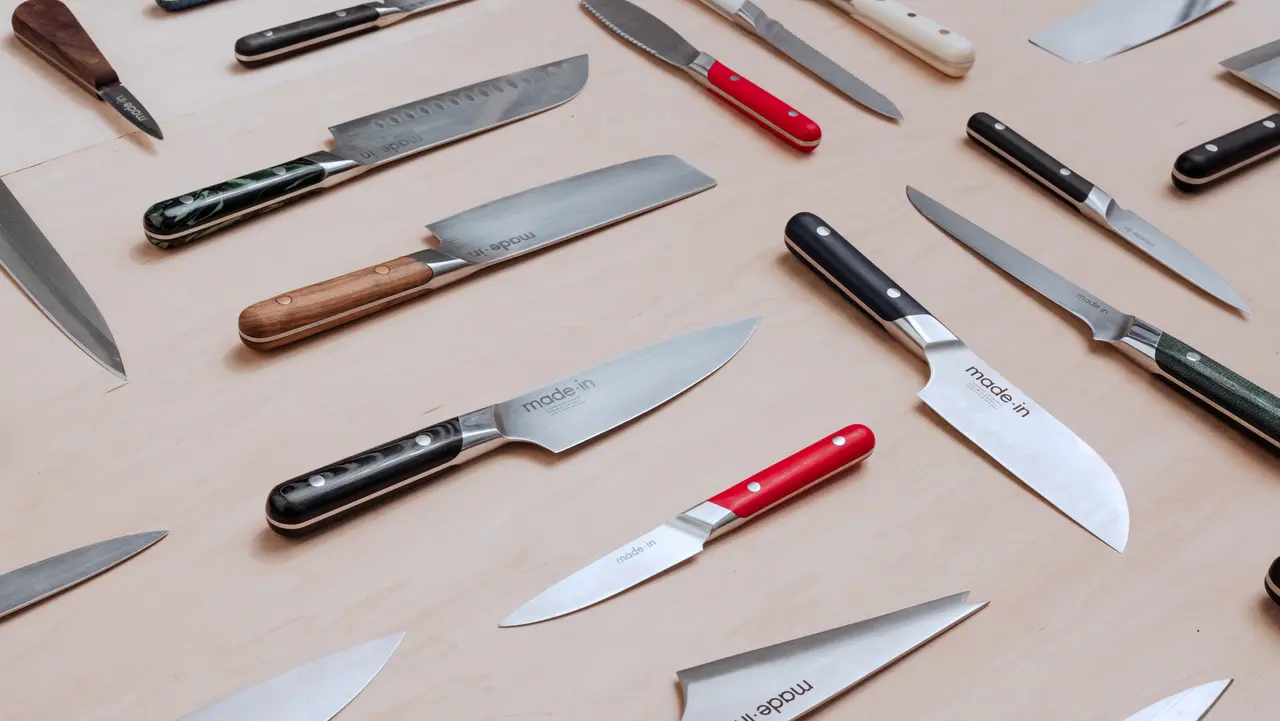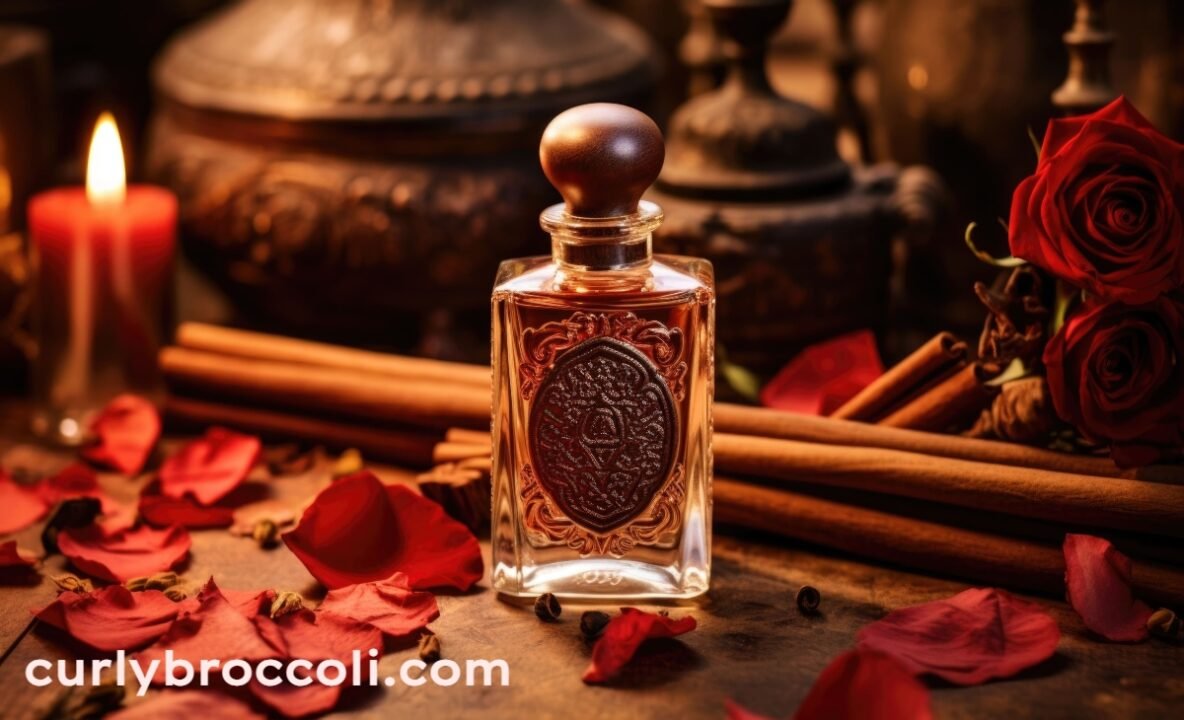When it comes to kitchen essentials, few tools are as important as a high-quality knife. Whether you’re a professional chef or a home cook, the performance of your knives can make a significant difference in your cooking experience. Among the various types of knives available, German steel knives have long been celebrated for their superior quality, durability, and cutting performance. These knives From knife store are known for their excellent craftsmanship and have become a favorite among culinary professionals and cooking enthusiasts alike. But what exactly sets German steel knives apart, and why are they considered the best for cooking performance?
Superior Durability and Strength
One of the key reasons German steel knives are highly valued in the kitchen is their incredible durability. German steel is traditionally made from high-carbon stainless steel, which is known for its toughness and ability to withstand heavy use. These knives are designed to be robust, resistant to wear, and capable of withstanding the rigors of daily chopping, slicing, and dicing.
German knives often feature a thicker blade than their Japanese counterparts, which gives them additional strength and durability. This german steel knife makes them ideal for more demanding kitchen tasks such as cutting through tougher ingredients like root vegetables, meat, and bones. The high-carbon content in German steel allows the knives to maintain their sharpness for longer, reducing the need for frequent sharpening and ensuring long-term performance.
Edge Retention and Sharpness
Another critical factor that makes German steel knives exceptional is their ability to hold a sharp edge. The hardness of the steel, typically measured on the Rockwell scale, plays a vital role in how well a knife retains its sharpness. German steel knives typically fall within the 56-58 range on the Rockwell scale, which provides an excellent balance between hardness and flexibility. This means that while the blade is hard enough to retain a sharp edge for extended periods, it is also flexible enough to avoid chipping or breaking under pressure.
The edge of a German steel knife is generally ground at a 20-degree angle, which creates a balance between sharpness and durability. This wider angle, compared to the 15-degree angle commonly seen in Japanese knives, gives the blade additional strength, making it more resilient for everyday tasks in the kitchen. While this may result in a slightly less razor-sharp edge than some Japanese knives, the trade-off is a longer-lasting and more versatile cutting tool.
Versatility in Kitchen Tasks
German steel knives are known for their versatility, making them ideal for a wide range of kitchen tasks. From slicing vegetables to cutting meat, these knives can handle almost anything you throw at them. The slightly thicker and heavier blade of a German knife provides added control and precision, allowing you to perform delicate tasks like peeling, as well as more demanding ones like breaking down a chicken or filleting fish.
One of the most popular German knives, the chef’s knife, is a great example of this versatility. Its broad, curved blade is perfect for chopping, dicing, and slicing with a rocking motion, which makes it a go-to tool for many chefs. Additionally, German steel knives often come with a full tang (the part of the blade that extends into the handle), providing better balance and stability, making them comfortable to use for extended periods.
Corrosion and Stain Resistance
German steel knives are made from stainless steel that contains a higher percentage of chromium, typically around 12-14%. This addition of chromium gives the knives excellent resistance to corrosion and staining, which is particularly important in the kitchen environment where knives are regularly exposed to moisture, acidic ingredients, and food residue. The high corrosion resistance of German steel ensures that the knife will maintain its appearance and structural integrity even after years of use.
While no knife is completely immune to rust, German steel knives are far less likely to corrode or develop stains than other types of carbon steel knives. This feature makes them ideal for cooks who want a low-maintenance knife that can handle regular use and still maintain its quality over time.
Ergonomic Design and Comfort
One of the standout features of German steel knives is their ergonomic design. Many German knife manufacturers, such as Wüsthof and Zwilling J.A. Henckels, place a strong emphasis on creating knives that not only perform well but are also comfortable to use. These knives often feature handles made from durable synthetic materials or high-quality wood that are shaped to fit the hand comfortably, reducing strain during prolonged use.
The balance between the blade and the handle is another aspect that makes German steel knives comfortable to work with. The full tang design, where the metal of the blade extends through the handle, ensures that the knife is evenly weighted, providing better control and reducing the risk of hand fatigue. This level of comfort is especially important for professional chefs who spend hours in the kitchen, but it is also beneficial for home cooks looking for an enjoyable cooking experience.
Traditional Craftsmanship with Modern Innovation
German steel knives have a long history of craftsmanship that dates back centuries. Regions like Solingen, Germany, often referred to as the “City of Blades,” have been known for producing some of the finest knives in the world for over 200 years. The traditional methods of knife-making, combined with modern technological advancements, ensure that German steel knives are made to the highest standards.
Many German knife manufacturers use a combination of forging and precision engineering to create blades that are not only strong but also finely tuned for performance. Forging involves heating the steel and hammering it into shape, which aligns the grain structure of the metal, making it more robust and durable. This process, coupled with advanced heat treatments and precise sharpening techniques, results in knives that are both functional and long-lasting.
Long-Term Investment
While German steel knives may come with a higher price tag compared to other kitchen knives, they are a worthwhile investment in the long run. Their durability, sharpness, and ability to withstand the wear and tear of daily use make them a cost-effective choice for serious cooks. Unlike cheaper knives that may need to be replaced frequently due to dullness or damage, a well-maintained German steel knife can last a lifetime, providing excellent value over time.
Additionally, many German knife brands offer lifetime warranties, further emphasizing their commitment to quality and customer satisfaction. With proper care, including regular sharpening and cleaning, a German steel knife will remain a trusted kitchen companion for years to come.





